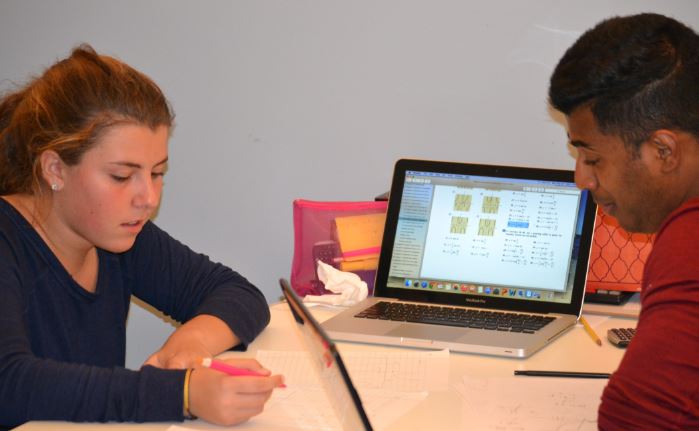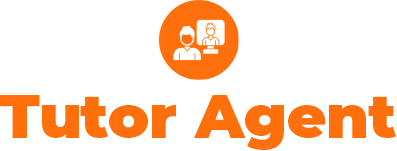Navigating the complexities of computer science requires tailored tutoring strategies to ensure students grasp fundamental concepts and excel in their studies. Here’s a guide to implementing successful tutoring techniques in the realm of computer science:

Understanding Individual Learning Styles
Tailor your tutoring approach by understanding each student’s learning style. Adapt materials and explanations to cater to visual, auditory, or kinesthetic learners.
Interactive Coding Sessions
Engage students in hands-on coding sessions. Interactive exercises and collaborative coding projects reinforce theoretical knowledge and build practical skills.
Emphasize Problem-Solving
Foster a problem-solving mindset. Guide students through algorithmic thinking and debugging processes, emphasizing the importance of troubleshooting in programming.
Real-world Applications
Relate theoretical concepts to real-world applications.
Encourage Self-paced Learning
Provide resources for self-paced learning. Recommend coding platforms, online tutorials, and forums where students can independently explore topics beyond the tutoring sessions.
Create a Collaborative Learning Environment
Facilitate group discussions and collaborative projects. Encourage students to share ideas, code reviews, and problem-solving strategies, fostering a sense of community within the learning process.
Stay Updated on Industry Trends
Keep abreast of the latest trends in the computer science field.
Utilize Visual Aids and Simulations
Enhance understanding with visual aids and simulations. Hence, visual representations of algorithms, data structures, and system architectures can clarify complex concepts.
Adaptability in Teaching Languages
Be adaptable in teaching various programming languages. Recognize that students may have preferences or encounter specific languages in their coursework, and adjust your tutoring accordingly.
Provide Constructive Code Reviews
Offer constructive feedback on code written by students. Emphasize readability, efficiency, and adherence to best practices, instilling good coding habits from the beginning.
Incorporate Gamification
Furthermore, introduce gamification elements into lessons. Coding challenges, quizzes, and interactive games make learning enjoyable while reinforcing essential programming skills.
Encourage Continuous Learning
Instill a mindset of continuous learning. Showcase the dynamic nature of the computer science field and inspire students to explore new technologies and advancements independently.
Networking Opportunities
Facilitate networking opportunities with professionals in the field. Guest speakers, industry visits, or virtual sessions can provide valuable insights and motivate students toward career aspirations.
Personalized Study Plans
Develop personalized study plans. Work with each student to identify their strengths, weaknesses, and goals, tailoring tutoring sessions to address their specific needs.
Promote Coding Competitions
Encourage participation in coding competitions. Competitions challenge students, enhance problem-solving skills, and provide opportunities to apply theoretical knowledge in a competitive environment.
Interactive Online Platforms
Leverage interactive online platforms and coding environments. Platforms like GitHub, CodePen, or collaborative coding tools enable students to showcase their work, collaborate with peers, and receive feedback.
Utilize Case Studies
Introduce case studies relevant to computer science applications. Analyzing real-world scenarios helps students apply theoretical knowledge, fostering critical thinking and problem-solving skills.
Encourage Participation in Open Source Projects
Advocate for participation in open-source projects. Engaging with the open-source community allows students to contribute to real-world projects, enhancing their practical coding experience.
Host Tech Talks and Webinars
Organize tech talks and webinars featuring industry experts. Exposing students to professionals sharing insights and experiences broadens their perspective on potential career paths within computer science.
Hands-on Hardware Projects
Incorporate hands-on hardware projects. Introduce students to the world of physical computing, where they can work with microcontrollers, sensors, and actuators to gain a holistic understanding of computer science.
Teach Debugging Techniques
Dedicate time to teaching effective debugging techniques. Debugging is an integral part of coding, and imparting these skills equips students to independently identify and rectify errors.
Implementing these strategies will not only make computer science tutoring sessions more effective but also inspire a passion for the subject, setting students on a path to success in the dynamic world of technology.




